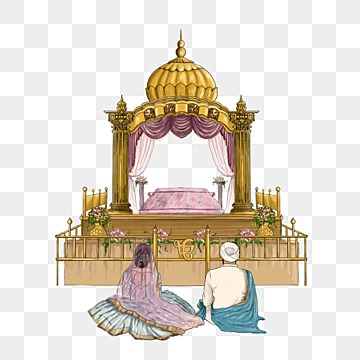priceless-stories.org – In the tapestry of human experience, rituals and ceremonies weave a pattern of significance, marking the passage of time, the celebration of life’s milestones, and the observance of cultural and personal traditions. From the grandest of weddings to the most intimate of family gatherings, the art of ceremony planning is a delicate balance of creativity, organization, and an understanding of the deep human need for ritual. This article delves into the world of ceremony planning, exploring the importance of rituals, the elements that make a ceremony memorable, and the steps to crafting an event that resonates with meaning and joy.
The Importance of Rituals
Rituals are more than just a series of actions performed according to a prescribed form; they are a language through which we express our deepest values, beliefs, and emotions. They provide a framework for processing life’s transitions, offering comfort in times of sorrow, and amplifying joy in moments of celebration. Whether it’s the breaking of bread to signify fellowship, the lighting of candles to honor the dead, or the exchange of rings to symbolize eternal love, rituals imbue our actions with deeper significance.
Elements of a Memorable Ceremony
A memorable ceremony is one that touches the hearts and minds of its participants, leaving a lasting impression. Several key elements contribute to the success of a ceremony:
1. Personalization
The most impactful ceremonies are those that reflect the unique personalities and values of the individuals or communities they celebrate. Whether it’s through the selection of music, the inclusion of cultural traditions, or the crafting of personalized vows, personal touches make a ceremony resonate on a deeper level.
2. Symbolism
Symbols carry a lot of meaning in a small package. Whether it’s the use of color, the inclusion of specific objects, or the performance of certain actions, symbols can convey complex emotions and ideas in a way that words alone cannot.
3. Participation
Involving attendees in the ceremony, whether through readings, rituals, or simply encouraging their active presence, enhances the sense of community and shared experience. Participation transforms guests from passive observers to active participants in the ritual, deepening their connection to the event and its significance.
4. Emotion
A ceremony that evokes emotion is one that will be remembered. Whether it’s through the telling of a poignant story, the performance of a moving piece of music, or the sharing of heartfelt sentiments, emotion is the soul of a ceremony.
Steps to Crafting a Meaningful Ceremony
Crafting a ceremony that is both meaningful and memorable requires careful planning and consideration. Here are some steps to guide you through the process:
1. Understand the Purpose
Begin by understanding the purpose of the ceremony. What is it celebrating or commemorating? What values or emotions do you want it to convey?
2. Gather Inspiration
Look to your own experiences, cultural traditions, and the stories of others for inspiration. What rituals or symbols resonate with you and your community?
3. Plan the Structure
Outline the basic structure of the ceremony. What elements will it include? How will it begin and end? A clear structure will help guide the rest of your planning.
4. Personalize
Incorporate elements that reflect the individuals or community being honored. This could include personal stories, favorite music, or family traditions.
5. Involve Others
Consider how you can involve attendees in the ceremony. This could be through readings, rituals, or simply encouraging them to share their own stories and sentiments.
6. Prepare for Emotion
Plan for moments that will evoke emotion. This could be through the selection of music, the inclusion of poignant readings, or the sharing of personal vows or dedications.
7. Practice
Rehearse the ceremony, if possible. This will help ensure that everything runs smoothly and give participants a chance to prepare emotionally.
Conclusion
The art of ceremony planning is about more than just organizing an event; it’s about creating an experience that touches the heart and soul. By understanding the importance of rituals, incorporating key elements that make a ceremony memorable, and following a thoughtful planning process, you can craft a celebration that honors the past, celebrates the present, and inspires hope for the future. Whether you’re planning a wedding, a funeral, or any other significant event, remember that the power of ritual lies in its ability to connect us to something greater than ourselves, offering comfort, joy, and a sense of belonging.
